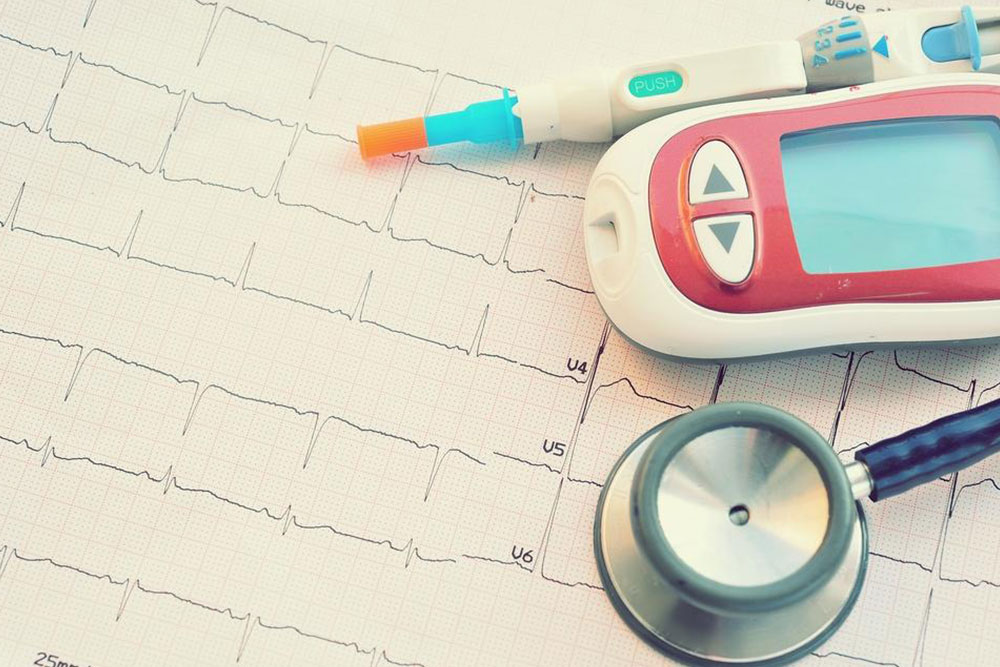Effective Dietary Strategies to Lower Creatinine Levels
Learn practical dietary changes and herbal treatments to naturally reduce creatinine levels. Maintaining healthy kidney function is crucial, and this guide offers effective tips for managing creatinine through balanced nutrition, exercise adjustments, and herbal remedies. Suitable for individuals with kidney concerns looking for natural interventions, these strategies promote overall wellness and kidney health.
Sponsored

Creatinine is a waste product generated during muscle metabolism, typically eliminated through urine. Proper kidney function keeps creatinine levels balanced, preventing harmful buildup.
How Creatinine Forms
Creatinine arises from amino acids such as methionine and glycine processed in the kidneys, leading to guanidinoacetate formation. This travels to the liver where it's converted into creatine, a stored energy source in muscles. Muscle activity converts creatine into creatinine, a waste product excreted by the kidneys.
Measuring creatinine in urine and blood helps assess kidney health. Usually, urine levels surpass blood levels since kidneys filter out creatinine effectively. Managing creatinine levels is vital for overall health.
Normal blood creatinine levels vary by gender:
Men: 0.6 to 1.2 mg/dL
Women: 0.5 to 1.1 mg/dL
Higher muscle mass in men accounts for elevated levels.
Kidneys, Creatinine, and Health Risks
Impaired kidney function can lead to toxin accumulation, including creatinine. Persistent high levels point to underlying issues, risking conditions like uremia. Addressing elevated creatinine promptly is crucial.
Ways to Lower Creatinine If kidney function is severely compromised, dialysis may be necessary. For milder cases, lifestyle modifications and diet adjustments can help reduce blood creatinine.
Adjust Exercise Routines
Engaging in intense workouts increases muscle activity, boosting creatinine. Switching to moderate exercises like walking or yoga helps manage levels more effectively.
Avoid Vanadium Supplements
While beneficial for blood sugar control, vanadium supplements may raise creatinine levels. Limiting or avoiding them is advisable for kidney health.
Reduce Protein-Rich Animal Foods
Cut down on red meats and dairy, which contain high protein content. Cooking meats converts amino acids into creatinine, elevating blood levels.
Skip Creatine Supplements
Athletes and fitness enthusiasts should steer clear of creatine supplements if kidney health is a concern, as these can increase creatinine production.
Limit Salty and Nutrient-Dense Foods
Foods high in sodium, phosphorus (like shellfish, nuts, soy), and potassium (bananas, spinach) should be moderated to ease kidney workload.
Eat Kidney-Friendly Foods
Foods rich in vitamin C (like citrus, berries, cauliflower) can support renal function. Replacing red meat with lean, grass-fed options and enjoying fresh smoothies can benefit overall health.
Herbal Approaches to Support Kidney Function
Salvia
This herb can improve kidney filtration efficiency, aiding waste removal.
Nettle Leaf
Steep and drink herbal infusions from nettle to promote urine flow and waste elimination.
Chamomile
Prepare chamomile tea to help lower creatinine naturally.
Siberian Ginseng
This herb enhances kidney circulation and facilitates waste removal.
Dandelion Root
Steep in hot water for a diuretic effect, aiding in clearing toxins like creatinine.
Cinnamon
Adding cinnamon to your diet can improve kidney filtration and blood sugar regulation, supporting renal health.
Implementing these dietary and herbal strategies can effectively help lower creatinine levels and promote kidney health.






